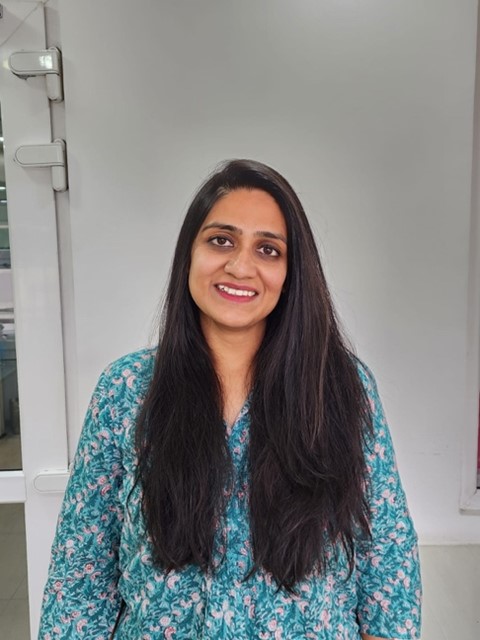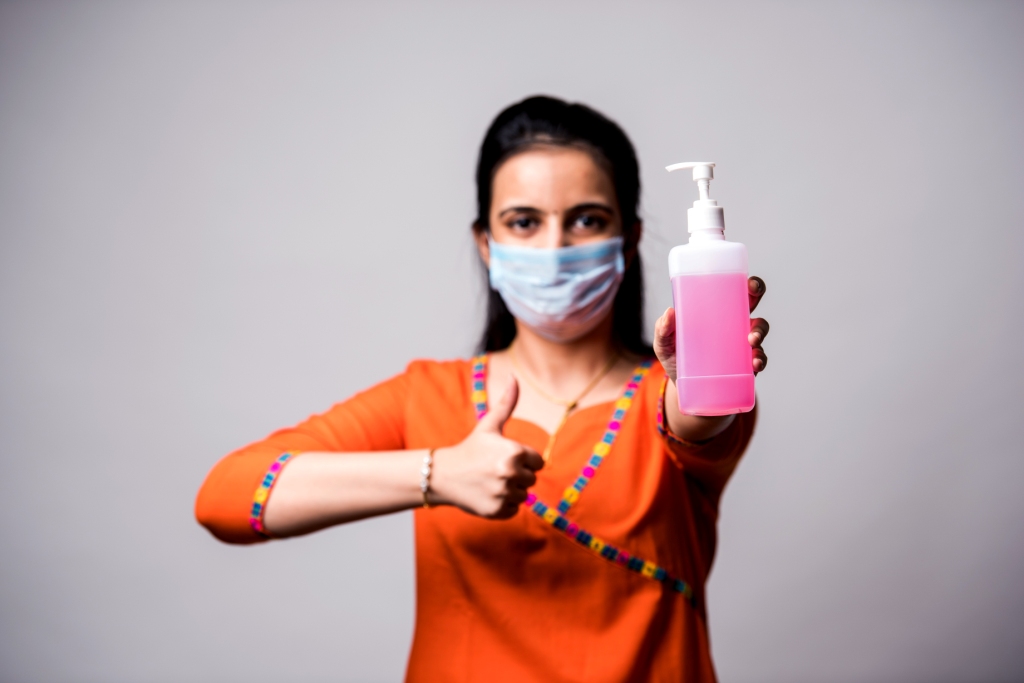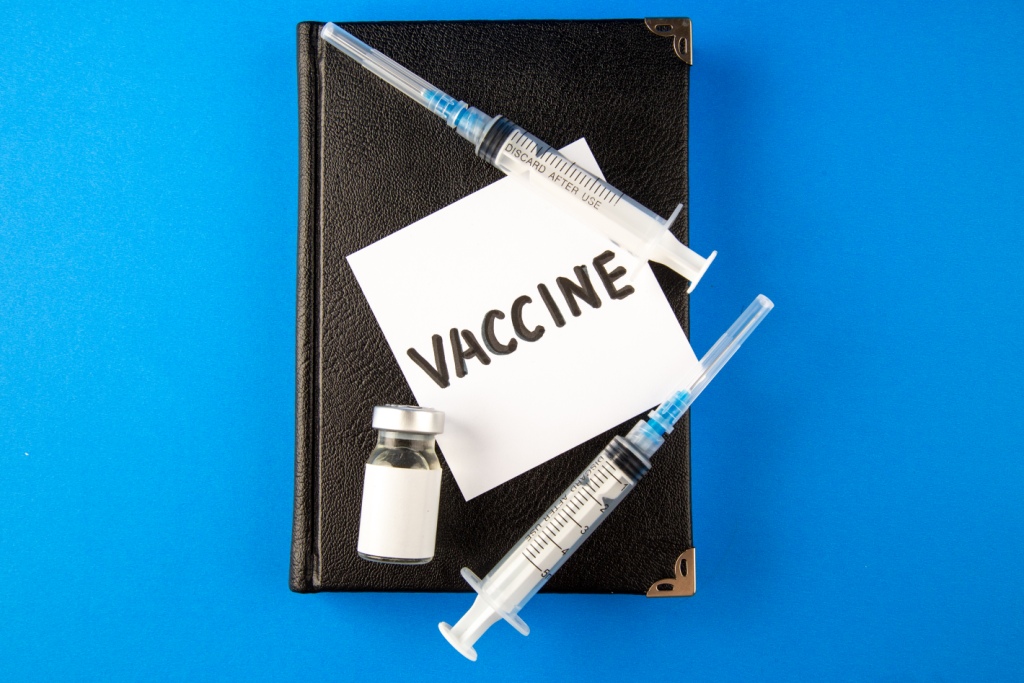
The vast immunization coverage network in India has gone from strength to strength. According to the Ministry of Health and Family Welfare, DPT vaccine coverage has risen from 52% in 1992 to over 90% in recent years. Also, as a result of the Pulse Polio Immunization program, the country has been polio free since 2014.
However, there are still 91 districts where less than 50% children are fully immunized against preventable life-threatening diseases. Further, almost 4 Crore pregnant women and new born children are not fully immunized.
WHO estimates that 50% of all temperature-sensitive vaccinations are wasted. This is due to insufficient last-mile cold chain capacity and temperature monitoring. These gaps cause vaccine deterioration, denying mothers and children effective vaccinations.
An electronics and communications engineer and an ISB alumna, Ankita started her career in the telecom sector focused on last-mile connectivity in India. She closely observed the grass-root level challenges that communities across the country faced. As she moved to an involved role in sustainable development, Ankita travelled to tribal areas in central India and the remote geographies of North-east India. She saw how healthcare delivery issues affected individuals, especially women and children.
In 2020-21, the COVID-19 pandemic disrupted lives and hampered healthcare for millions. Ankita and her brother, Prerit, saw the need to improve point-of-care healthcare in India, notably for life-saving immunizations. Enhanced Innovations (EI) was founded with Phloton, a cold chain solution for last-mile immunization and diagnostics.
Phloton is an ergonomically designed, portable, active cooling device that can be used to strengthen point-of-care services for immunization, medication and diagnostics delivery. It can help in transporting temperature sensitive vaccines and medication safely while maintaining the required temperature.

Since the inception of the Phloton project, Ankita has been involved in project conceptualization and is now leading the commercialization of the Phloton platform. She has been instrumental in identifying and on-boarding partner organizations to further the development of Phloton and eventually prepare for commercial manufacturing. The Phloton team is now applying for a CDSCO manufacturing license to begin commercial production.
Phloton was developed by EI to tackle the issue of vaccine availability and traceability by ensuring the vaccines or medicines are safely transported. Constant monitoring will enable the healthcare workers to ensure there is no extreme temperature exposure.
For example, at 35°C, the ice-packs traditionally used to store and transport vaccines, lose 50% of their cooling capacity within 60 minutes. This makes them unreliable for storage of temperature sensitive vaccines and medicines.
Phloton addresses this by maintaining a chamber temperature of 4°C or lower in temperatures between -20 °C and 65 °C for at least 10 hours, depending on the outside temperature. The device’s 2 litre chamber can currently carry up to 60 vials which can be scaled to 50 litres. To lessen power source dependence, especially in low-resource settings, an integrated solar panel module can charge the Phloton device without grid power.
Phloton is being developed to bridge last-mile cold chain gaps in rural India that impede 100% immunization, critical medication, and reliable diagnostics. EI intends to make quality healthcare accessible to every individual.

Shared by: Ms. Ankita Mittal,
CEO, Enhanced Innovations





